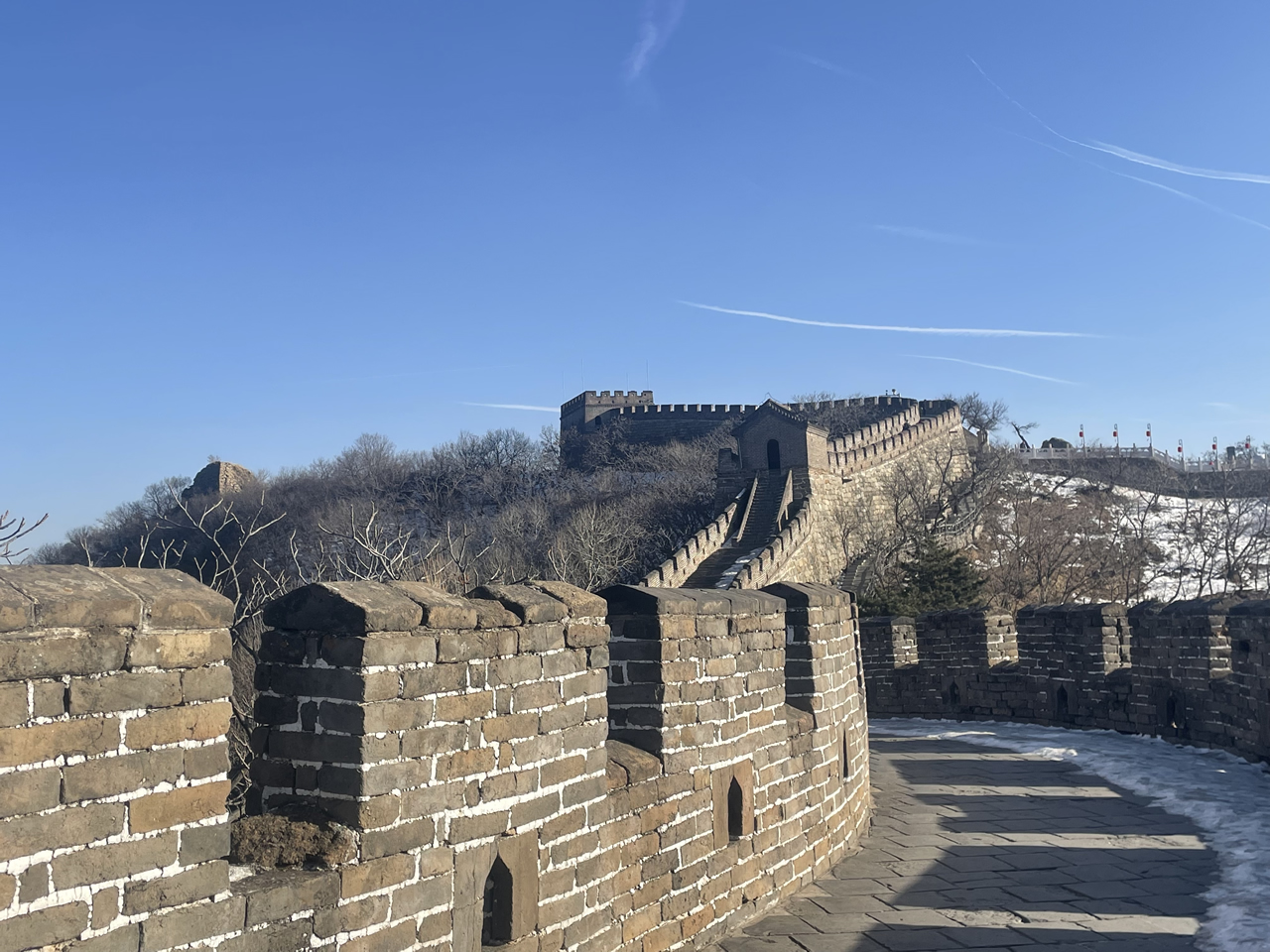The recent interpretation of the spirit of the Great Wall mainly covers three aspects:

The first aspect is the patriotic spirit of unity and solidarity. China is a unified multi-ethnic country, and the concepts of "unity" and "multi-ethnic" are indispensable core elements in the Chinese understanding of the state. Since 221 BC, China has established the basic framework for national unity. The 5,000-year history of the Chinese nation is also a history of various ethnic groups jointly promoting and maintaining national unity. The unity and solidarity inherent in the patriotic spirit is particularly important in the context of the Great Wall.
The second aspect is the national spirit of perseverance and self-improvement. Perseverance refers to the courage to face difficulties without giving up, while self-improvement is the spirit of hard work and dedication. Perseverance and self-improvement are the national spirit of China and the spiritual support for the Chinese people to achieve the great rejuvenation of the Chinese nation.
The third aspect revolves around peace, openness and inclusiveness. The reason the ancient Chinese persisted in building the Great Wall for over two thousand years was to safeguard peace and avoid wars. Only a nation deeply committed to peace would invest tremendous human and material resources in building the Great Wall. This enduring desire for peace, not just for the present but for future generations, is what led to the construction of such a formidable wall.
The Great Wall serves as a cultural symbol of safeguarding peace. Chinese civilization does not promote violence; rather, it values peace and the principles of friendship and partnership with other nations. It upholds the belief that "peace is the utmost treasure" and "harmony in diversity", which means not seeking absolute uniformity. All these values represent the essential characteristics of Chinese culture.
Mencius once said, "One may thrive in adversity and perish in laxity". Therefore, to safeguard peace, we must first be prepared, as evidenced by the historical construction of the Great Wall. The Sima Law, an ancient book written in the early Warring States period, states: "Though a country may become strong, bellicosity will lead to its ruin. Though in peacetime, neglecting war preparedness brings peril." The Great Wall's peaceful spirit transcends hostile relations and reflects the essence of the dialectic of preparedness.
Our national anthem March of the Volunteers sings: "Arise, people who refuse to be slaves. With our flesh and blood, let us build our new Great Wall!" For thousands of years, the Great Wall has symbolized the awakening consciousness to protect the homeland and defend the country. It has also become a patriotic spiritual symbol in the process of resisting foreign aggression and nation-building.





